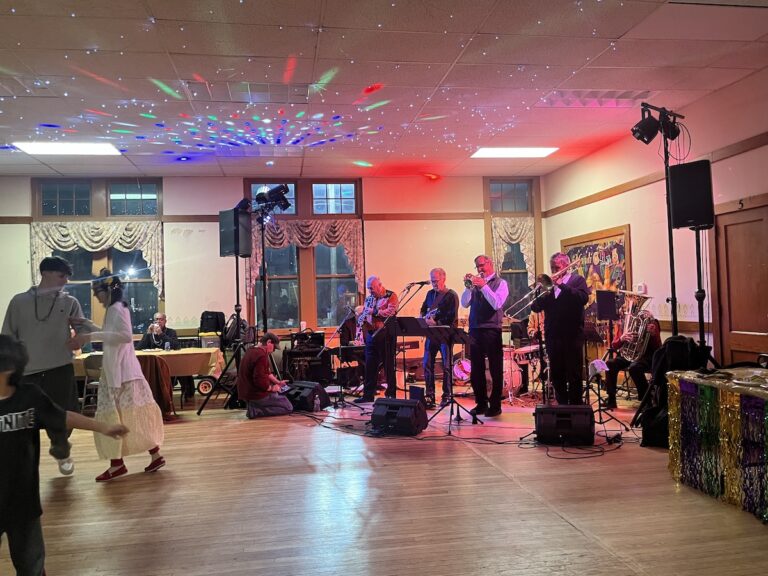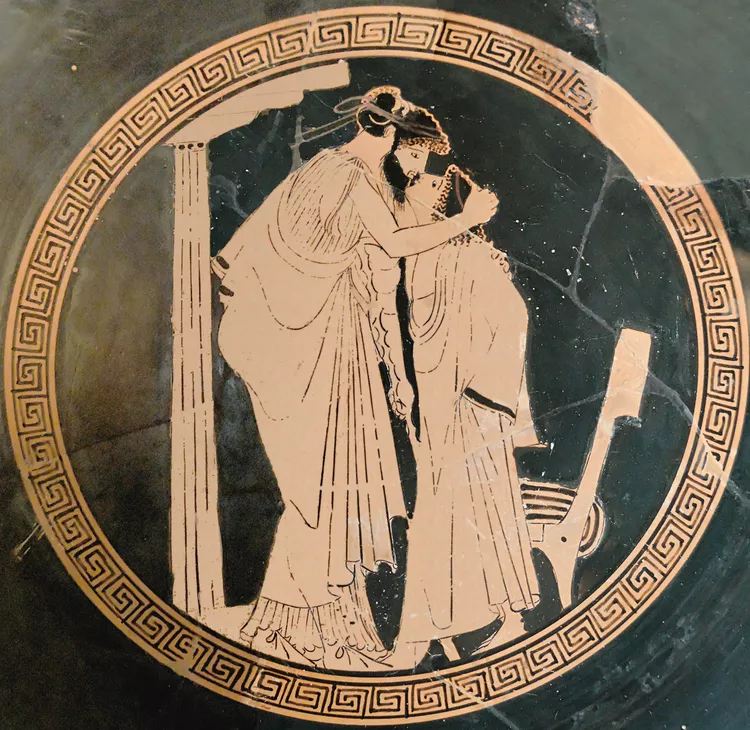Koeppel ’79 Brings Journalism to Wesleyan Undergrads
Last fall, Gerard Koeppel ’79 established a fellowship to promote the study of journalism at the University. The Koeppel Fellowship of Journalism will bring one working journalist on campus per year to teach a course as well as make themselves available to interested students.
“The idea is to promote journalism to undergraduates,” Koeppel said. “That could be any kind of journalism, it doesn’t have to be print; but the idea is specifically journalism as opposed to any other sort of writing.”
Jane Eisner ’77 was chosen to be the first Koeppel fellow. Koeppel, who has no say in who is awarded the fellowship—nor does he want any—said it was a good thing that someone familiar with the University was appointed.
Koeppel majored in English at the University and joined The Argus when Eisner was the newspaper’s executive editor. He wrote a recurring column titled “Hello Diogenes” and climbed the ranks to executive editor, as well.
In 2001, Koeppel established a special projects fund for The Argus to cover stories happening outside of the University. Paul DiSanto, Director of Leadership Givings at the Office of University Relations, maintained contact with Koeppel, helping him to lay the groundwork for the fellowship.
In these preliminary meetings, Koeppel said he was inspired by one of his English professors.
“He told me that when he was at Wesleyan, he took a class with V.S. Naipaul,” DiSanto said. “He was a visiting writer. And then soon after he left here he won a Nobel Prize for literature. He said Naipaul was a very tough and demanding teacher but Gerard said he learned everything he knew from Naipaul.”
After graduating, Koeppel went on to become a journalist for CBS News. For the past nine years, he has written and published history books about the water system of New York and the construction of the Erie Canal.
With Koeppel’s generous donation, interest from the endowment will be able to bring one journalist to campus per year. According to Koeppel, the study of journalism is especially important in this age.
“In our current society where government has become very large and much more involved in people’s everyday lives, it is especially important for a number of citizens to work as journalists to keep a proper focus on freedom,” he said. “Especially because the predominant form of journalism—print—is under such threat today, I thought it was important for students at Wesleyan to get some specific training and information from a working journalist.”







Leave a Reply